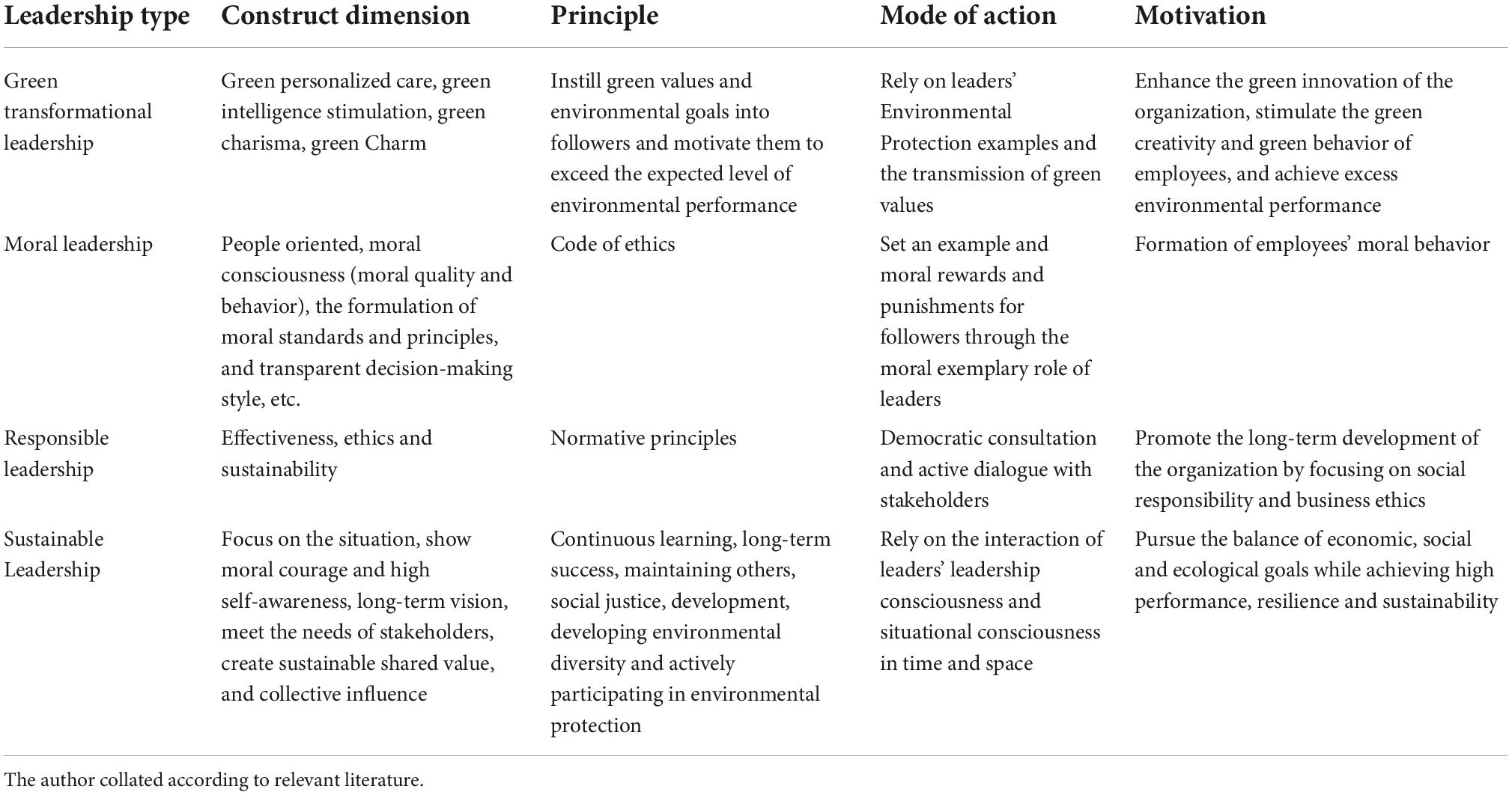
Sustainable Leadership Approaches: Nurturing Positive Impact

Elevating Impact: Sustainable Leadership Approaches
Sustainable leadership goes beyond traditional models, emphasizing long-term positive impact on both the organization and the broader community. Let’s delve into key approaches that define sustainable leadership and its role in fostering a thriving and responsible business environment.
Visionary Leadership for Sustainability
At the core of sustainable leadership approaches is a visionary mindset. Leaders who embrace sustainability envision a future where business success intertwines with environmental and social responsibility. This visionary leadership sets the tone for sustainable practices, guiding the organization towards a path that values not only profitability but also ethical and sustainable impact.
Environmental Stewardship: Integrating Green Practices
Sustainable leadership approaches prioritize environmental stewardship. Leaders recognize the significance of adopting green practices that minimize the ecological footprint of the organization. This may involve implementing energy-efficient processes, reducing waste, and sourcing materials responsibly. By integrating sustainability into daily operations, leaders contribute to environmental preservation and position their organizations as responsible corporate citizens.
Social Responsibility and Inclusivity
Leadership with a sustainable focus extends its impact to social responsibility. Sustainable leadership approaches emphasize inclusivity, diversity, and community engagement. Leaders actively seek ways to contribute positively to the communities they operate in, fostering an inclusive workplace culture and supporting social initiatives. By championing social responsibility, sustainable leaders create organizations that thrive on ethical values and contribute to societal well-being.
Ethical Decision-Making Framework
Ethics form the bedrock of sustainable leadership approaches. Leaders cultivate a culture of ethical decision-making, where choices are guided by principles that prioritize integrity and transparency. An ethical framework ensures that decisions align with the organization’s values and contribute to the greater good, building trust with stakeholders and fostering a positive organizational reputation.
Employee Empowerment and Well-being
Sustainable leaders understand the importance of employee empowerment and well-being. Nurturing a supportive work environment that prioritizes employee growth, work-life balance, and mental health contributes to long-term organizational sustainability. By investing in the well-being of their teams, sustainable leaders foster a positive workplace culture that enhances productivity, loyalty, and overall organizational success.
Long-Term Planning and Resilience
Sustainable leadership approaches extend to strategic planning that considers long-term sustainability. Leaders focus on building resilience, preparing their organizations to navigate challenges and uncertainties. Sustainable leaders embrace a forward-thinking perspective, anticipating future trends, and proactively adapting strategies to ensure the continued success and relevance of their organizations.
Transparent Communication and Accountability
Communication is a cornerstone of sustainable leadership. Leaders foster transparent communication channels that keep stakeholders informed about the organization’s sustainable practices, goals, and progress. Accountability is integral, and sustainable leaders take responsibility for the impact of their decisions on all stakeholders. Transparent communication builds trust and reinforces the commitment to sustainability.
Continuous Learning and Adaptability
Sustainable leadership is characterized by a commitment to continuous learning and adaptability. Leaders stay informed about evolving sustainability trends, industry best practices, and emerging challenges. By fostering a culture of continuous learning, sustainable leaders ensure that their organizations remain agile, innovative, and equipped to address the ever-changing landscape of sustainability.
Global Collaboration for Impact
Sustainable leadership approaches recognize the interconnectedness of the global community. Leaders actively seek collaboration with other organizations, industry peers, and stakeholders to amplify their impact. By working together on sustainability initiatives, leaders contribute to broader global efforts, share best practices, and address global challenges collectively.
Connecting with Sustainable Leadership Approaches
Explore the transformative impact of sustainable leadership approaches at rodatayu.my.id. Whether you’re a leader, entrepreneur, or advocate for positive change, understanding and embracing sustainable leadership approaches can pave the way for a future where businesses thrive while making a lasting positive impact on the world.



